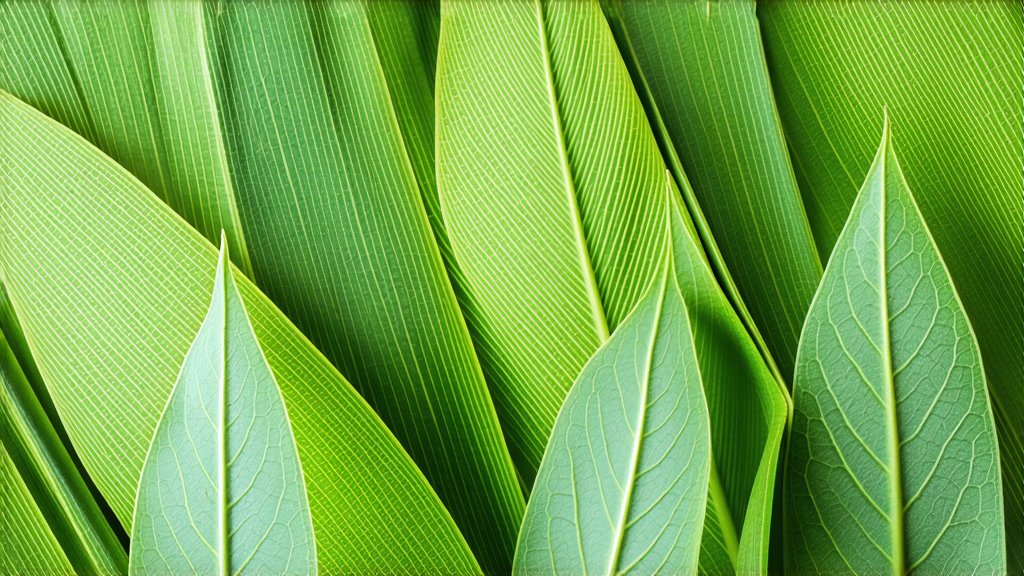
In the vast and diverse landscape of Chinese tea culture, Bai Hao Yinzhen stands as a testament to nature's purity and simplicity. Originating from the Fuding region in Fujian Province, this exquisite white tea has captivated tea connoisseurs worldwide with its ethereal beauty and unparalleled flavor profile. As we delve into the depths of this revered tea, we uncover not just a beverage but a cultural legacy steeped in history and tradition.
Historical Roots
The story of Bai Hao Yinzhen, also known as "Silver Needle" due to its resemblance to silver needles when plucked, dates back to the early Qing Dynasty. It was during this period that the production techniques for white tea were refined, allowing this delicate variety to flourish. Unlike other teas that are often pan-fired or rolled, Bai Hao Yinzhen undergoes minimal processing, preserving its natural essence and nutritional value. This gentle handling of the leaves is believed to have been inspired by the desire to maintain the tea's inherent purity and health benefits, aligning with ancient Chinese philosophies of harmony between man and nature.
Categorization within White Tea
White teas, including Bai Hao Yinzhen, occupy a unique position in the world of teas due to their minimal processing. They are categorized based on the stage of growth at which they are harvested and the degree of oxidation. Bai Hao Yinzhen represents the pinnacle of this category, being the earliest and most tender shoots picked, usually in spring. These buds are covered with fine white down (bai hao), which gives the tea its name and contributes to its distinctive appearance and taste. Following Bai Hao Yinzhen in the hierarchy are Bai Mudan (White Peony) and Gong Mei (Tribute Eyebrow), each with slightly more mature leaves and a different flavor profile.
Artistry in Processing
The craftsmanship behind Bai Hao Yinzhen involves meticulous attention to detail and timing. Harvest typically occurs in late spring when the first flush of buds appears. These buds are carefully handpicked, ensuring only the finest and most pristine shoots are selected. The freshly picked leaves are then spread out thinly on bamboo mats or screens to wither naturally under the sun or in shaded areas, depending on weather conditions. This withering process can take several hours to a full day, allowing the leaves to slowly lose moisture while retaining their vitality.
After withering, the leaves undergo a light baking or air drying to remove any remaining moisture, preventing fermentation and preserving the tea's freshness. The final step involves sorting and grading, where the highest quality buds are separated for premium Bai Hao Yinzhen. The entire process emphasizes gentle handling and respect for the natural characteristics of the tea, resulting in a product that embodies elegance and refinement.
Sensory Experience
To truly appreciate Bai Hao Yinzhen, one must engage in the ritual of tea preparation and tasting. Begin by selecting a clear glass teapot or a Gaiwan (a traditional Chinese bowl used for brewing and serving tea), allowing the beauty of the unfurling leaves to be admired. Use water heated to approximately 80-85°C (176-185°F) to avoid scalding the delicate leaves. A ratio of about 3 grams of tea per 150 ml of water is recommended.
As the tea steeps for around 2-3 minutes, observe the transformation of the pale yellow liquor, which gradually takes on a light amber hue. The aroma is subtle yet complex, revealing notes of floral sweetness intertwined with hints of herbaceousness and a whisper of honey. Sip slowly, allowing the tea to coat your palate, and you'll discover a taste that is both refreshing and deeply satisfying—crisp with a natural sweetness that lingers.
The texture of Bai Hao Yinzhen is exceptionally smooth, almost velvety, devoid of any astringency or bitterness commonly found in more processed teas. Each infusion reveals new layers of flavor, making it a tea that rewards patience and contemplation. For optimal enjoyment, re-steep the leaves multiple times, adjusting the steeping time slightly longer with each subsequent brew to fully extract the nuances hidden within.
Health Benefits
Beyond its aesthetic and gustatory pleasures, Bai Hao Yinzhen boasts an array of health benefits, attributed to its high content of antioxidants, particularly catechins and polyphenols. These compounds are known for their ability to combat free radicals, potentially reducing the risk of chronic diseases such as heart disease and cancer. Additionally, white tea contains amino acids like L-theanine, which promote relaxation without drowsiness, enhancing mental clarity and focus. Its low caffeine content makes it a suitable choice for those sensitive to stimulants.
Regular consumption of Bai Hao Yinzhen has also been associated with improved skin health due to its anti-inflammatory properties and ability to boost collagen production. Furthermore, its mild diuretic effect can aid in detoxification, supporting overall wellbeing.
Cultural Significance
In Chinese culture, tea is not merely a drink; it is a symbol of hospitality, respect, and spiritual nourishment. Bai Hao Yinzhen, with its pure and unadulterated nature, embodies these values profoundly. It is often served during important gatherings, ceremonies, and as an offering in temples, signifying purity and reverence. The act of sharing this tea strengthens bonds between individuals and connects them to a shared heritage that spans centuries.
Moreover, Bai Hao Yinzhen serves as a bridge between past and present, linking traditional practices with modern lifestyles. As global interest in wellness and sustainable living grows, this tea offers a glimpse into a philosophy of life that prioritizes balance, harmony, and mindfulness—values that resonate universally.
In conclusion, Bai Hao Yinzhen is more than just a tea; it is an experience—a journey through time, taste, and tradition. Its delicate flavors, minimal processing, and profound cultural significance make it a treasure among teas, inviting us all to pause, reflect, and savor the simple joys of life. Whether enjoyed alone in quiet contemplation or shared among friends, Bai Hao Yinzhen reminds us of the beauty found in nature's gifts and the art of living well.